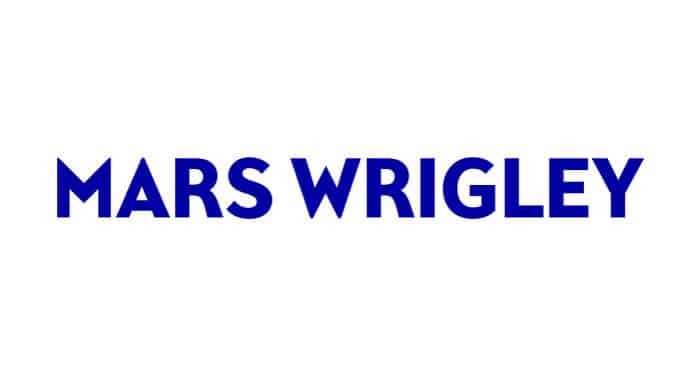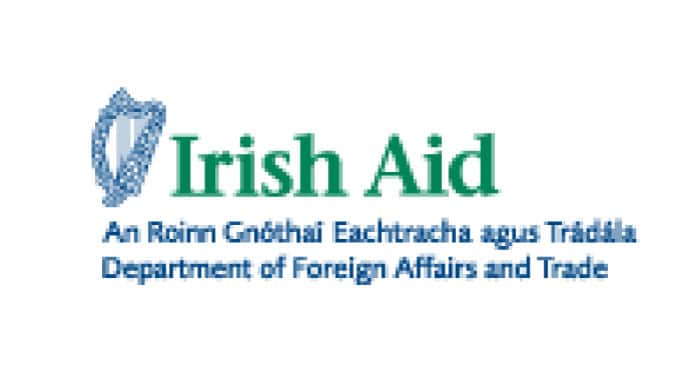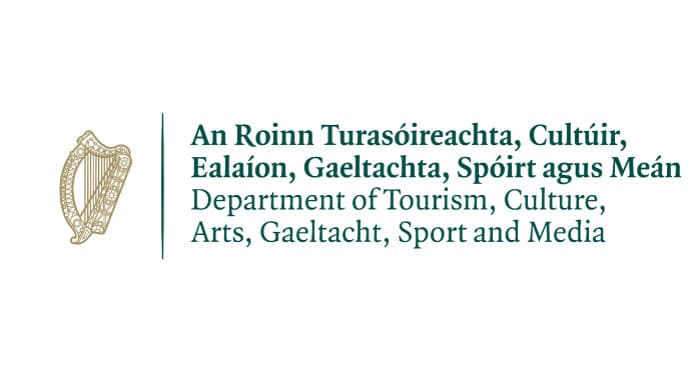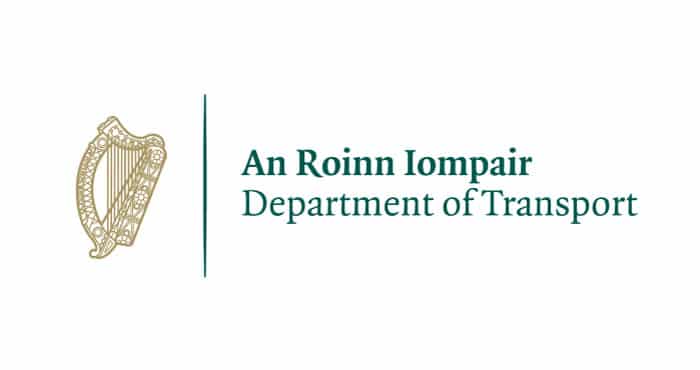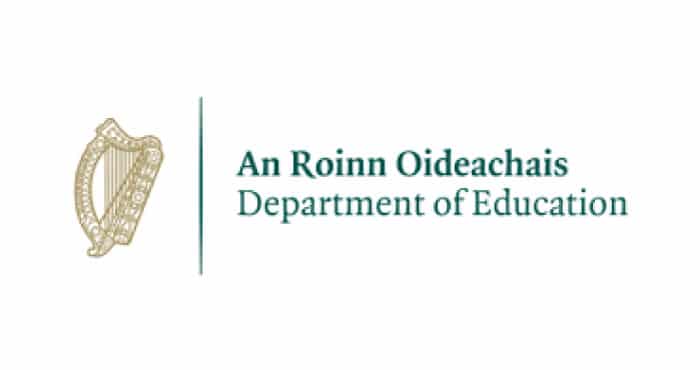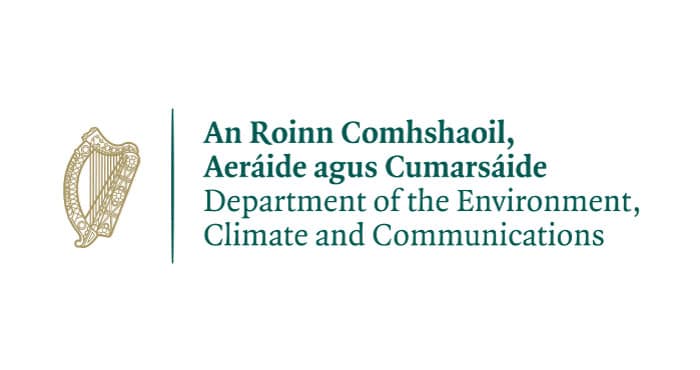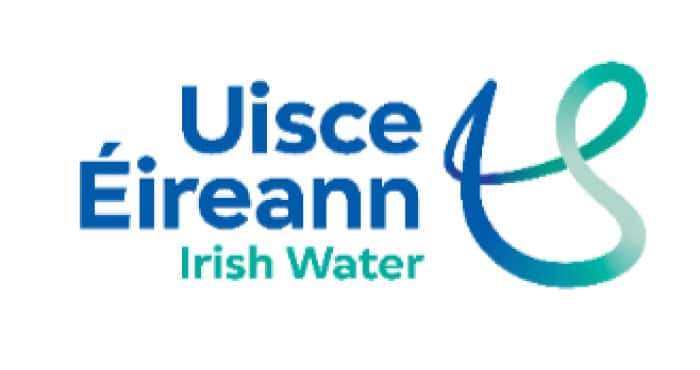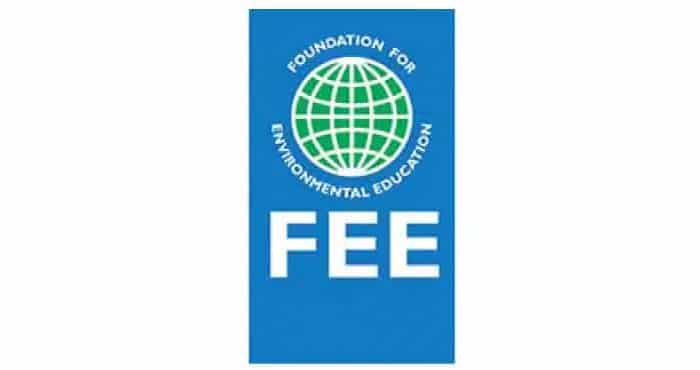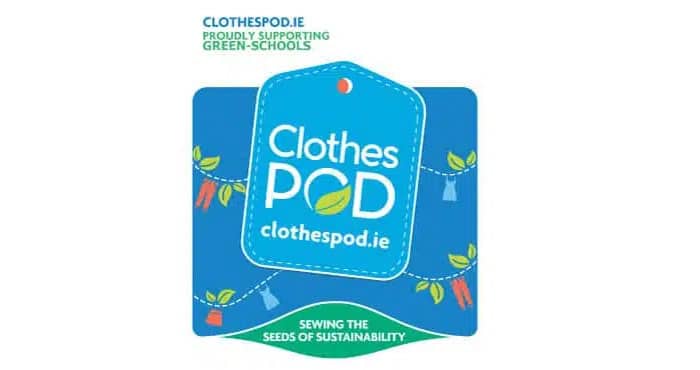The sun’s energy is the primary source of energy for all life on Earth. Energy changes form at each step in the chain. Humans and other organisms use energy to survive (grow, change, maintain health, move, and reproduce).
To heat our homes and schools we need an energy source. These energy sources can be categorised as renewable or non-renewable energy. Renewable energy is one that can be easily replenished while non-renewable is one that cannot. Examples of renewable energy include; solar, wind, geothermal, biomass and hydropower.
Fossil Fuels are non-renewable and include; oil, natural gas and coal. These are formed under intense pressure and heat over millions of years from the buried remains of plants and animals. Burning fossil fuels releases energy in the form of heat. In recent decades, humans have been burning more and more fossil fuels to meet the world’s energy demands. Burning fossil fuels contributes to acid rain, which is implicated in the loss of wildlife in lakes and rivers, the reduction of land fertility and the destruction of trees. Furthermore, by burning fossil fuels to release heat we are releasing carbon dioxide (CO2) into the atmosphere faster than plants can absorb it. CO2 is a major contributor to the greenhouse effect; as more fuels are burnt, the atmospheric concentration of CO2 increases, causing the average global temperature to rise.
Climate Change affects the distribution of climatic regions, sea level changes and ultimately, the planet’s ability to support human communities.
The good news is, there are simple steps we can take to reduce our energy consumption at home and in school. Many of which are simple low and no-cost actions that can be carried out to increase efficient use of energy and help save you money.
Explore the 17 Sustainable Development Goals through books suitable for all ages in our Global Goals Book Club. Click the button below to access a book for almost all SDGs (with more on the way) and the recordings and resources to bring the stories and the goals to life!


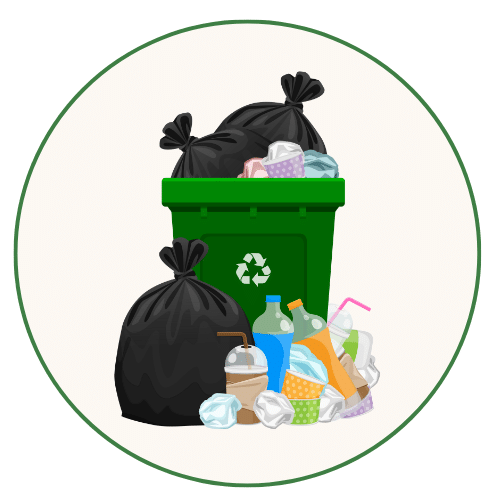
Looking to share more information around your school about recycling and bin management? Use these slides to help you and your committee confidently present useful tips to your classmates. Don’t […]
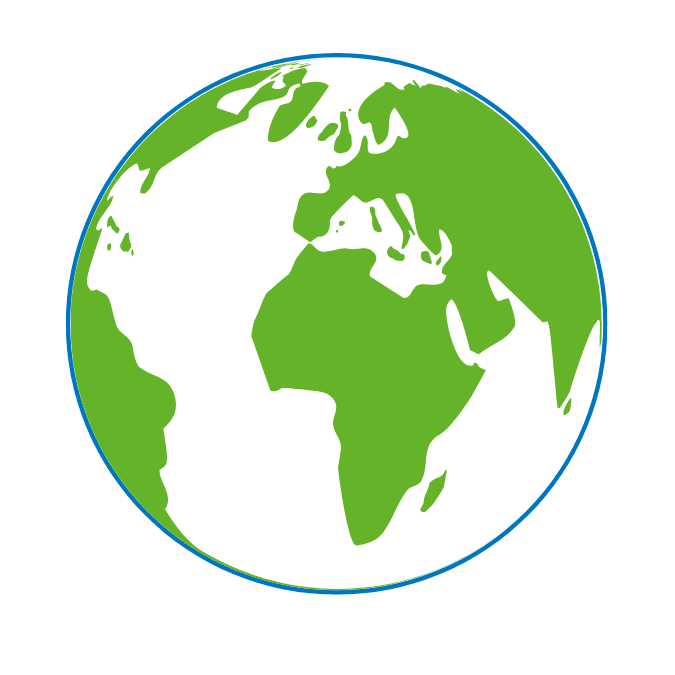
Through this lesson, students will be able to: 1. Recognise that they belong to different groups and communities (home, county, country, continent, planet). 2. Identify the names of their county, […]
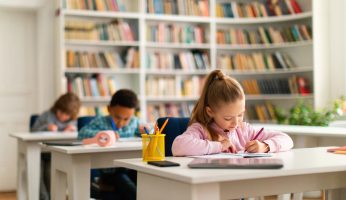
St Joseph's GNS received the Green Flag for Global Citizenship - Litter & Waste in 2015. The school is located in Clonakilty, Co. Cork and comprises of 221 students and 10 members of staff.
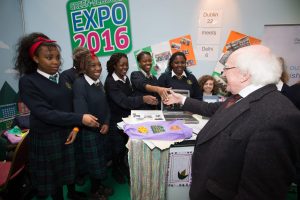
Coláiste Bride is based in Clondalkin, Co. Dublin and was awarded the Green Flag for Global Citizenship – Litter and Waste in 2015. The school has 80 teachers and 950 students in attendance.
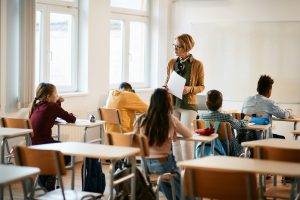
St. Clare's Primary School is a mixed primary school based in Harold's Cross in Dublin City.

St Joseph's GNS received the Green Flag for Global Citizenship - Litter & Waste in 2015. The school is located in Clonakilty, Co. Cork and comprises of 221 students and 10 members of staff.
Tree Week is coming! Join us March 9th – 13th. Details on live webinars, resources and activities coming soon- don’t forget to check back!
…Our Midterm Newsletter has loads of updates from all of our our Green-Schools themes – have a look. READ THE FEBRUARY NEWSLETTER HERE Would you like to receive the news …
Students from across the country were celebrated at a special awards ceremony in Dublin on Friday, 6th February, marking the announcement of the winners of this year’s Green-Schools Marine …

